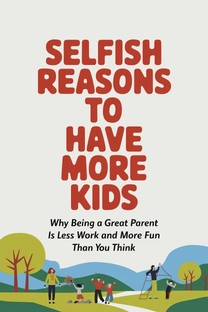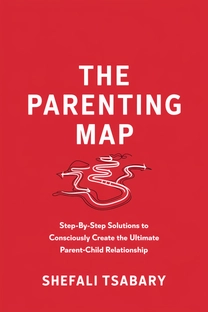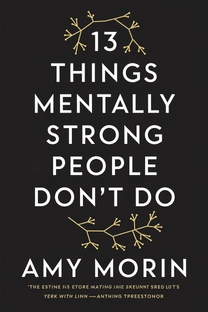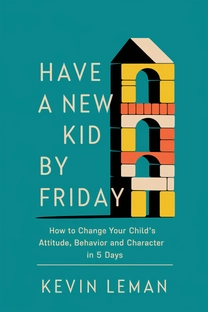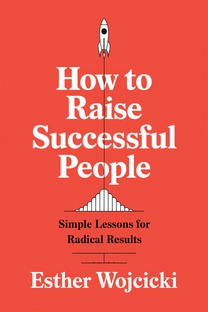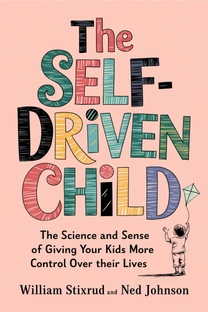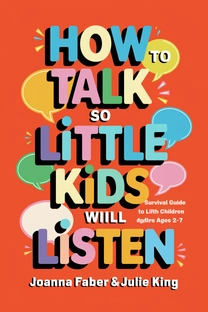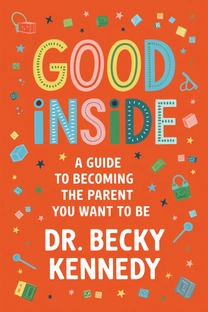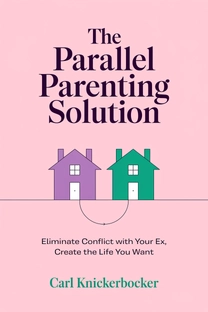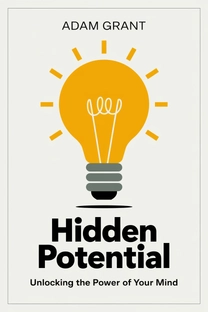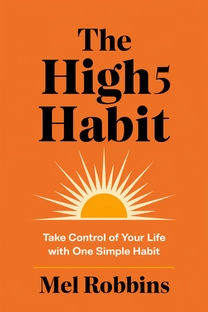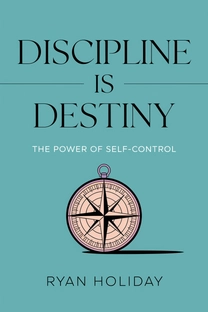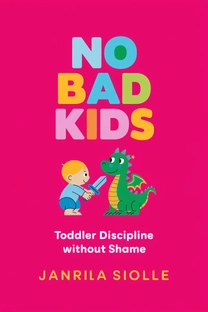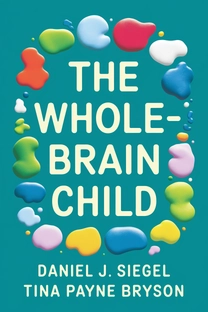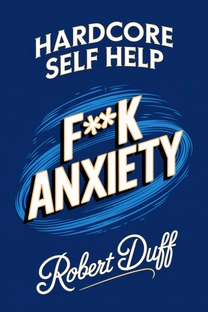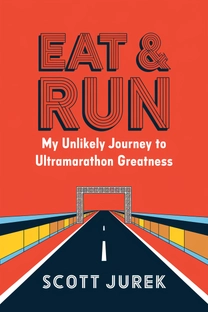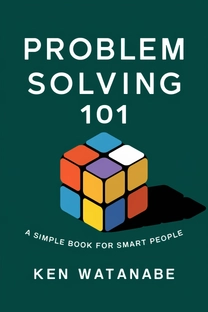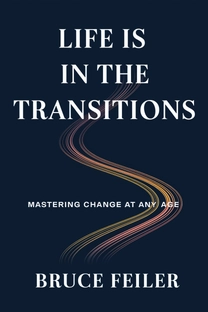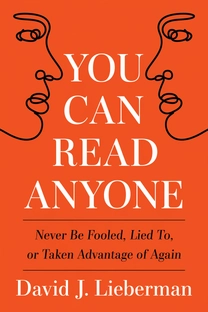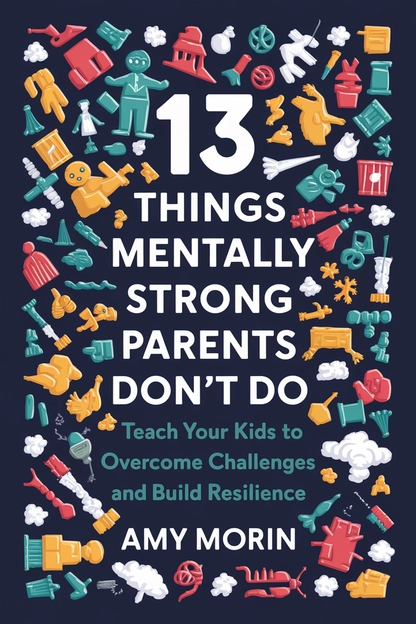
13 Things Mentally Strong Parents Don’t Do
Raising Self-Assured Children and Training Their Brains for a Life of Happiness, Meaning, and Success
by Amy Morin
Brief overview
This book explores practical ways to encourage confidence, resilience, and emotional maturity in children. It reveals how parents can avoid common pitfalls that undermine their efforts and offers strategies to help kids adapt to setbacks. By following these principles, readers will discover methods to raise mentally strong children ready for life's challenges.
Introduction
Raising kids can be exciting and at times overwhelming. Many parents wonder if they should shield their children from failures or allow them to learn the hard way. This tension can create uncertainty about the best ways to guide children toward becoming capable adults.
The core idea behind mental strength is that kids need a balance of support and neat challenges to prepare them for the real world. If they make mistakes in a supportive environment, they can learn problem-solving skills that serve them well as they grow older. Instead of aiming to be perfect parents, it’s about becoming intentional coaches who encourage kids to develop their inner resources.
Throughout these pages, you’ll see that certain common parenting approaches can accidentally harm a child’s development. These stumbling blocks range from always bailing children out of trouble to overindulging them in praise. Real growth emerges when kids learn to handle disappointment, build resilience, and trust their own abilities.
As you read, reflect on which perspectives align with your current parenting style. Consider experimentation: small changes in daily routines or discipline can yield big payoffs. You don’t need all the answers right away but being open to learning is vital. Let’s see how you can raise children who handle adversity head-on and feel confident in themselves.
Why Being Mentally Strong Matters
When children become adults, they’ll face competition, heartbreak, and unexpected stress. Research shows that kids with strong coping skills are far more likely to navigate these challenges successfully. Mental strength isn’t about having a tough exterior; it’s about being able to adapt, solve problems, and keep going despite obstacles.
Fostering mental strength also means kids grasp the difference between mistakes that help them learn and patterns that hold them back. This self-awareness allows them to be kinder to themselves. They understand that perseverance wins out over self-pity or avoidance, and they begin to believe that success is possible through consistent effort.
Strong-minded children aren’t immune to sadness or pain, but they bounce back faster. They can handle tough conversations, resolve conflicts, and channel frustration in productive ways. In short, nurturing mental strength is one of the best investments you can make in your child’s future happiness and resilience.
It’s useful to remember that emotional resilience grows through everyday experiences. Encouraging children to handle age-appropriate responsibilities—like chores or navigating peer disputes—equips them to feel competent. Step by step, you show them that they can stand on their own feet and learn from life’s ups and downs.
What is 13 Things Mentally Strong Parents Don’t Do about?
13 Things Mentally Strong Parents Don't Do by Amy Morin provides an insightful guide for parents keen on fostering resilience and independence in their children. The book delves into common parenting pitfalls and offers actionable strategies to cultivate emotional maturity and mental toughness among young ones. Morin highlights the importance of parents modifying their behaviors to teach children the skills they need to navigate life's challenges effectively. This transformative approach sheds light on raising self-assured and resourceful kids, prepared for the unpredictabilities of life.
In today's rapidly changing world, mental strength is vital for both parents and children. As Morin argues, mentally strong parenting is as much about knowing what not to do as it is about adopting positive behaviors. By emphasizing actionable parenting strategies grounded in real-life examples and backed by research, the book provides a comprehensive roadmap for nurturing empowered, self-reliant children. By avoiding unhealthy habits, parents can instead focus on fostering an environment that balances support and independent problem-solving skills.
This title stands as a compelling resource for parents committed to building a foundation of emotional resilience and success for their children, equipping them to handle setbacks with grace and confidence.
Review of 13 Things Mentally Strong Parents Don’t Do
Amy Morin's 13 Things Mentally Strong Parents Don't Do is a compelling read that shines in its debunking of common yet unhelpful parenting practices. The book's core strength lies in its focus on imparting practical strategies for developing emotional resilience and self-assurance in children. A thorough exploration of why certain well-intentioned parenting habits can hinder growth, Morin's work encourages introspection and change. The book is structured around real-life stories and research-based insights, making it both relatable and informative.
Morin's writing is approachable and infused with empathy, ensuring readers feel guided rather than judged. She offers actionable takeaways—such as fostering responsibility, encouraging risk-taking, and setting consistent boundaries—that challenge parents to think critically about their approaches and strive for improvements. The blend of research, personal anecdotes, and client case studies effectively demonstrates how mentally strong parenting can transform a child's outlook on life.
This book is ideal for parents yearning for effective and sustainable strategies to cultivate resilience and emotional intelligence in their children. It offers a nontraditional perspective, encouraging growth and reflection. Highly recommended for those wanting to arm their children with the mental skills needed to tackle life's challenges, Morin's insights provide a clear, actionable path to better parenting.
Who should read 13 Things Mentally Strong Parents Don’t Do?
- <p><strong>Parents who want to foster independence and resilience in their children:</strong> For those looking to empower their kids to handle life's ups and downs effectively.</p>
- <p><strong>Child psychologists and counselors:</strong> These professionals can find valuable insights on helping parents implement positive changes that encourage mental strength in children.</p>
- <p><strong>Educators with a focus on emotional intelligence:</strong> Teachers and school administrators eager to support parents and students in developing perseverance and problem-solving skills.</p>
- <p><strong>Foster parents aiming to nurture stability in challenging environments:</strong> Those in caregiving roles who want to provide children with a strong mental foundation will find this book especially useful.</p>
- <p><strong>Anyone interested in contemporary parenting approaches:</strong> Avid readers and enthusiasts of self-help books and parenting resources can gain fresh perspectives from Morin's research-based insights.</p>
About the author
Book summaries like 13 Things Mentally Strong Parents Don’t Do
Why readers love Mindleap
10-Minute Book Insights
Get the core ideas from the world's best books in just 10 minutes of reading or listening.
Curated For You
Discover your next favorite book with personalized recommendations based on your interests.
AI Book ExpertNew
Chat with our AI to help find the best book for you and your goals.
Reviews of MindLeap
Love how I can get the key ideas from books in just 15 minutes! Perfect for my busy schedule and helps me decide which books to read in full.
Alex R.
The summaries are incredibly well-written and the audio feature is perfect for my commute. Such a time-saver!
Jessica M.
Great app for personal growth. The insights are clear and actionable, and I love how they capture the essence of each book.
Chris P.
The app is beautifully designed and the summaries are top-notch. Definitely worth every penny!
Sarah K.


